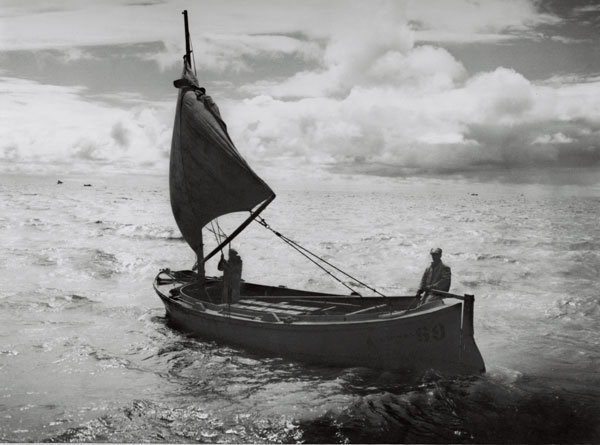 By Jami Makan
By Jami Makan The Port of Bellingham and Lummi Nation have reached an agreement that provides moorage in Blaine and Squalicum harbors to Lummi Nation fishing vessels.
Because the Lummi fleet has a variety of types of vessels, they will receive a moorage credit that translates to about 19,000 linear feet per year.
“This way, Lummi Nation will be able to manage it based on what their needs are,” said Brian Gouran, director of environmental and planning services with the Port of Bellingham.
The agreement also allows the Port of Bellingham to maintain and modernize its in-water facilities, such as breakwaters, bulkheads, pilings, floats and dredged areas.
These facilities require Army Corps of Engineers permits, and part of the agreement is that Lummi Nation will not oppose these types of permits in the future.
The agreement sets the stage “for a new era of cooperation and economic growth,” according to a joint February 6 press release.
The agreement addresses a number of long-standing issues associated with modifications to Bellingham Bay and Drayton Harbor in the Lummi Nation’s “usual and accustomed” fishing grounds and stations.
“Rather than turning to the courts to resolve these issues, the Lummi Nation and the Port worked together to craft an agreement acknowledging the historical structural impacts while celebrating the environmental and economic importance of Bellingham Bay and Drayton Harbor to our mutual community,” reads the press release.
Starting around the turn of the century, settlers began dredging, filling, and armoring tidelands in Bellingham Bay and Drayton Harbor to create flat land for industrial and commercial development. These changes destroyed valuable finfish and shellfish habitat and created a permanent obstruction to Lummi fishing areas protected by the Point Elliot Treaty of 1855 with the federal government. Although some of these changes occurred before the Port of Bellingham existed or were built by others, the port now owns and operates in areas that were impacted by these changes.
Comments
No comments on this item Please log in to comment by clicking here